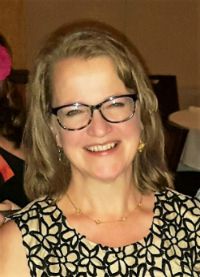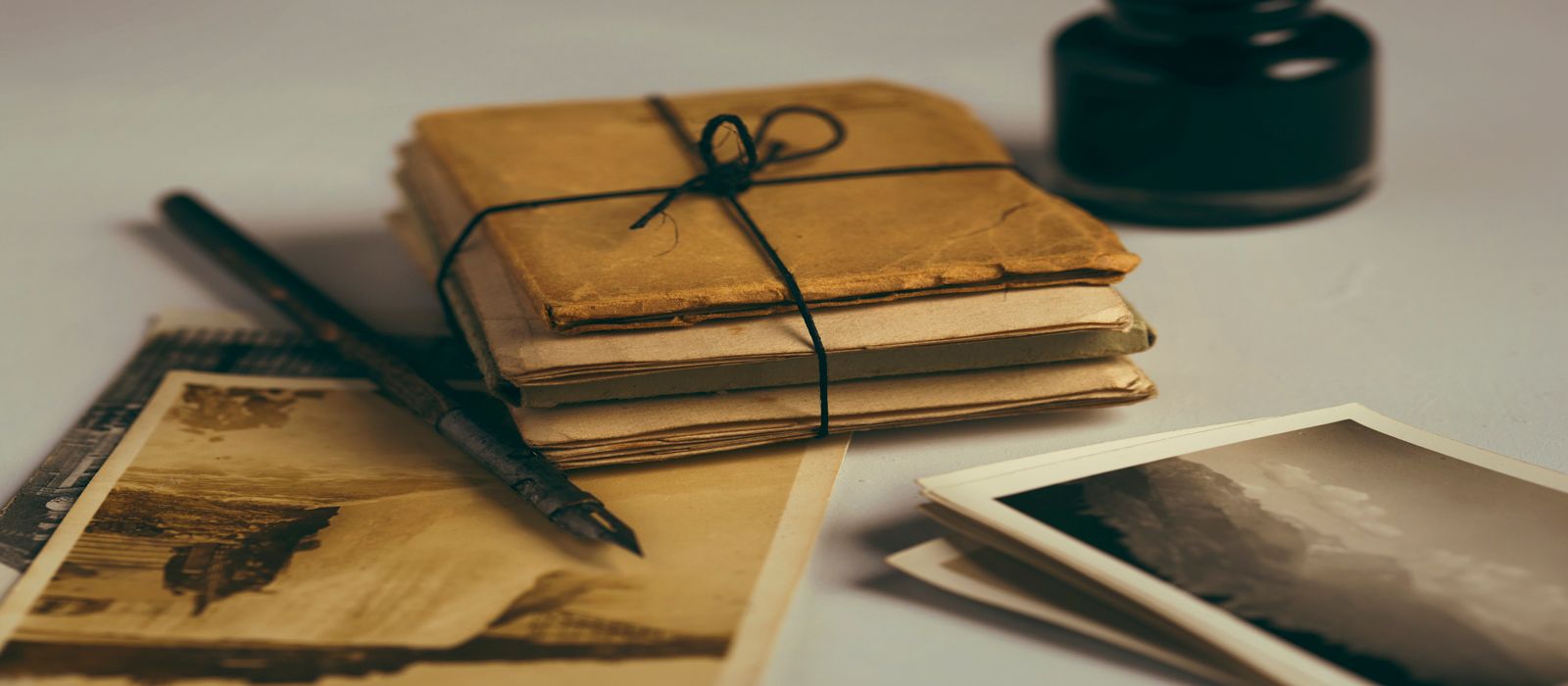
I started work at Disability Rights Nebraska in February of 1998, coming from a homogenous “all-white, all 30’s” workplace into one of a variety of ages, races, attitudes and abilities. That was just the start of the whole mental expansion process. Like many people without a visible physical disability or diagnosis of some sort, I didn’t think I’d had any experience with disability. I forgot about my aunt, my cousins, the girl I rode the bus with growing up, the guy in my class who seemed to struggle more than everyone else. Ideally, we could all interact with each other on a person-to-person basis without knowing or caring whether or not a person has a disability. However, being aware that a person may have a disability may also help us to be conscious of the fact that not everyone has a support system, a community, or access to the same opportunities we have. Not everyone has a voice, by default or by oppression, or sometimes because they’ve made that choice because it seems safer to them to remain quiet.
But here’s the thing: the people I work with are Advocates. Part of the root of “advocate” is “vocare”, meaning “to call”. They call people out. They encourage people who contact the office for assistance to speak on their own behalf. They also call out the obvious bullies and abusers, yes, but most often, they call out The Unconscious, the people who just don’t know any better or make the effort to see any more clearly. And that is what we learn to do here: to be conscious. Of personal dignity, of ability, of individual rights.
Just recently, we went through something called a Model Coherency Evaluation. The function of this self-imposed evaluation was to see how conscious we really are, whether or not we’re “walking the talk”. It was hard, but I can see where it’s going to help us develop a laser focus for the work here, and that focus will be on seeking out and standing with those people who are most vulnerable, most invisible, most disempowered and disenfranchised… in short, most endangered.
What is it that makes people - all people - worthy of being seen, respected, loved? It’s not holding down a job and doing a half dozen other things on the side. It’s not devoting your whole life to the service of others. Nor is it having gold-plated toilet seats in your penthouse. Whether you work or don’t work, whether you speak for yourself or don’t “speak” at all, you are a human being, a tiny spark of Divinity riding around in a physical body, and EVERYONE’S experience, regardless of what that is on any given day, is valuable. That’s what makes us worthy. That can be hard to remember, and even harder to actualize, but it’s still the truth.
Contrast drives change. If you see something you don’t like, look for an alternative. When others are devalued, do your best to be conscious of their value. Remember that each person is an individual with dignity and potential, and they’re also part of the human race, with an experience unique to him or her-self and valuable to the whole of humanity’s body of wisdom. And if they don’t see that value themselves, our job is to “call it out”, to advocate.
********************************************************************************************
Sharon Ohmberger has held various titles but is currently the Communications Director for Disability Rights Nebraska. In her off hours she is an amateur herbalist, a wife, a sister, a daughter, and an artist who works in clay.


